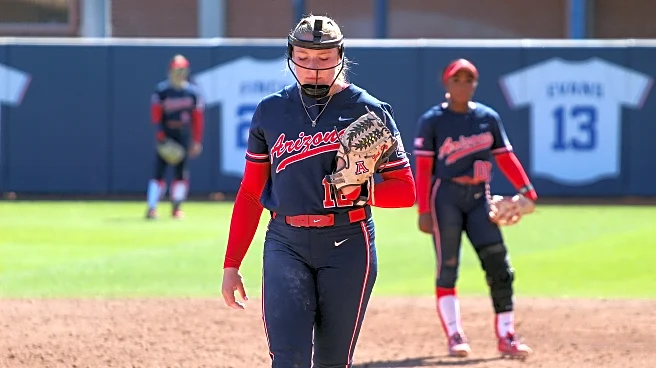Rapid Read • 8 min read
Cambridge University has been granted permission by a judge to restrict pro-Palestinian protests to certain areas of its campus for the upcoming year. This decision follows a previous injunction issued in March aimed at preventing disruptions during graduation ceremonies. The injunction, which was set to expire on July 26, has now been extended, allowing the university to limit protest activities. The ruling comes amid ongoing debates over the balance between freedom of expression and maintaining order on university campuses. The protests have been part of broader calls for the UK government to cease arms exports and military cooperation with Israel, reflecting heightened tensions surrounding the Israeli-Palestinian conflict.
AD
The court's decision to allow Cambridge University to limit protest areas highlights the ongoing challenges faced by educational institutions in managing political activism while ensuring campus safety and order. This ruling may set a precedent for other universities dealing with similar issues, potentially influencing how protests are regulated in academic settings across the UK. The decision also underscores the complexities of addressing international political issues within domestic contexts, as universities navigate the fine line between supporting free speech and maintaining operational stability. Stakeholders, including students, faculty, and political activists, may view this ruling as either a necessary measure for campus security or a restriction on their rights to express dissent.
Cambridge University will likely implement specific guidelines and designated areas for protests, which may lead to further discussions and potential legal challenges from activists who feel their rights are being curtailed. The university community and external advocacy groups may engage in dialogue to find a balance that respects both the need for security and the right to protest. Additionally, this decision could prompt other universities to review their policies on campus protests, potentially leading to broader changes in how political activism is managed in academic environments.
The restriction of protest areas at Cambridge University may have broader implications for the cultural and ethical dimensions of free speech in academic settings. It raises questions about the role of universities as spaces for open dialogue and the extent to which they can or should regulate political expression. This development may also influence public perceptions of the university's stance on international issues, potentially affecting its reputation and relationships with global partners.
AD
More Stories You Might Enjoy












